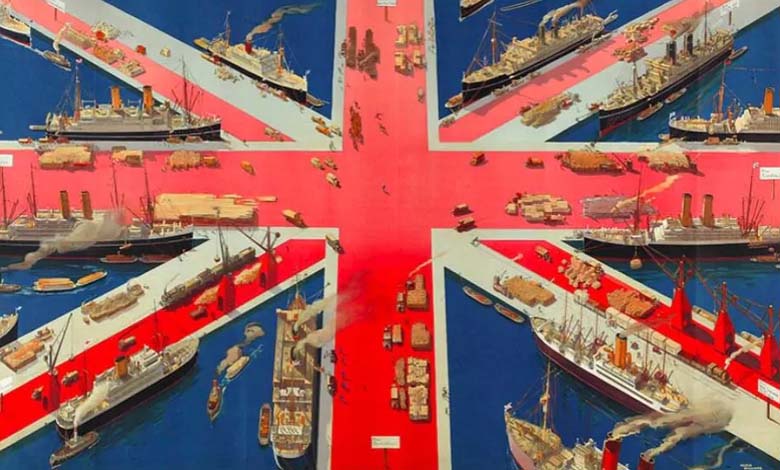By Chance: British Scientists Discover a New Continent

Scientists have announced the discovery of a lost continent in the depths of the southern arm of the Arctic Ocean, which formed 60 million years ago, according to the British newspaper “Daily Mail.”
The newspaper reported that “researchers at the University of Derby in the United Kingdom accidentally discovered a landmass 250 miles long beneath the Davis Strait, between Canada and Greenland, while studying the tectonic plate movements in the region.”
The researchers explained that “the newly discovered primordial small continent of the Davis Strait, a tectonic mass that became separated from the continent, was formed during a long period of rifting and seafloor spreading between Greenland and North America.”
The team estimated that “the primordial small continent separated from Greenland after tectonic splitting between it and Canada about 118 million years ago.”
The researchers described the primordial small continent as “larger than other small continents, with a thickness ranging between 11 and 14 miles.”
They said that understanding how it formed is crucial for ongoing scientific studies today. The average thickness of a small continent usually ranges between three and 15 miles.












